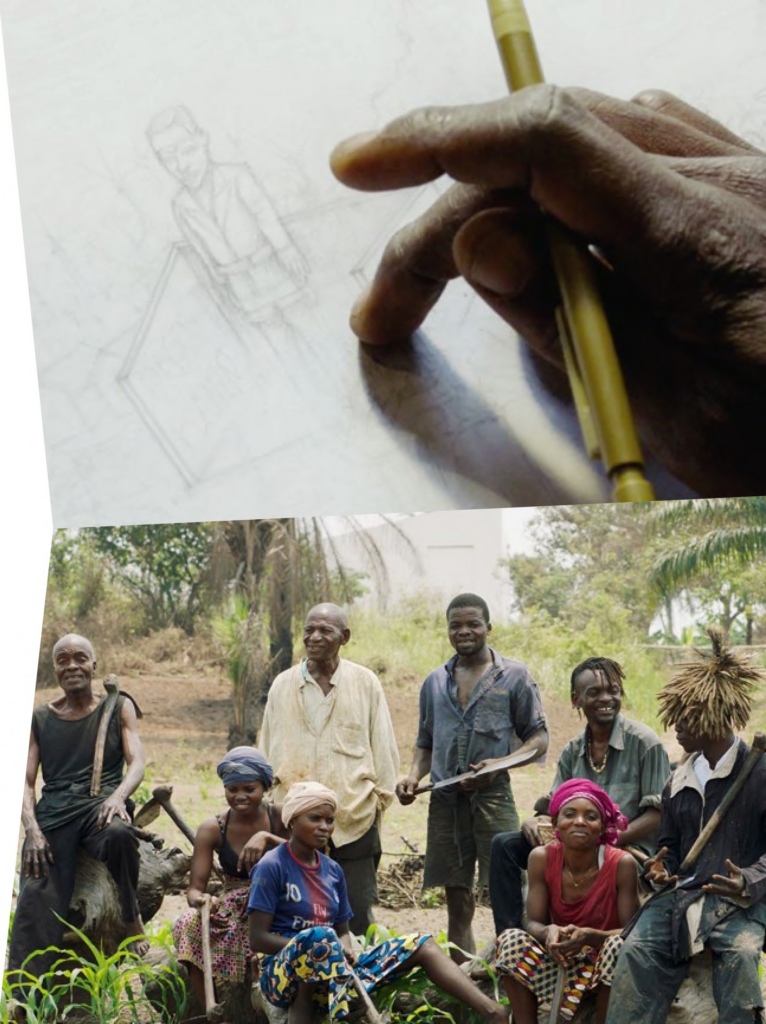Cooperative of plantation workers founded in 2014 and based in Lusanga, Democratic Republic of Congo
Plantations, Museums, and Regenerative Ecologies
2022-ongoing
The Cercle d’Art des Travailleurs de Plantation Congolaise (CATPC) is a cooperative of plantation workers based in Lusanga, Democratic Republic of Congo. Since its foundation in 2014, CATPC has been working steadily to use its income from making art to purchase ancestral lands once confiscated by the British company Unilever and its subsidiaries. Two hundred hectares of depleted soil have been reclaimed and recultivated to provide sustenance to the Lusanga community and regrow the surrounding forest. Through a process of sharing and discourse, the collective decides in unison what to produce and how. CATPC defines art as a living force borne of a sacred earth, and art-making is central to the community’s attempts to recuperate the knowledge of its ancestral forest lands and its desire to forge more regenerative relationships between art, culture, economy, and ecology. CATPC’s works have been exhibited in leading international institutions and will be presented as the official Dutch entry at the Venice Biennale in 2024.
The work Plantations, Museums, and Regenerative Ecologies (2022–ongoing) brings together the decade-long collective practice of CATPC in continuing the resistance of the Pende people through the reclamation of land, culture, and “force.” For over a century, people on plantations in Congo and elsewhere have been deprived of their culture and forced into unpaid labor. In a radical act of digital restitution, CATPC reclaims a piece of their heritage using the powers of NFTs (non-fungible tokens) through Balot NFT, minted in 2022. The NFT draws on an original sculpture carved in 1931 by the Pende during an uprising against atrocities carried out by the Unilever plantation system and Belgian colonial agents. Depicting the angry spirit of Belgian officer Maximilien Balot, it was created to control his spirit and make him work for the Pende people. A series of short videos share the journey of collective members Matthieu Kasiama and Ced’art Tamasala as they speak to Pende elders, art historians, and academics about the possibility for restitution and lay important ground for the future use of blockchain technology toward regenerative forest ecologies. Balot NFT buyers receive a digital rendering of the sculpture. Every purchase helps to directly buy back land, replant the forest, and reintroduce biodiversity, resulting in offsetting carbon emissions and providing autonomy and food security for the community.



